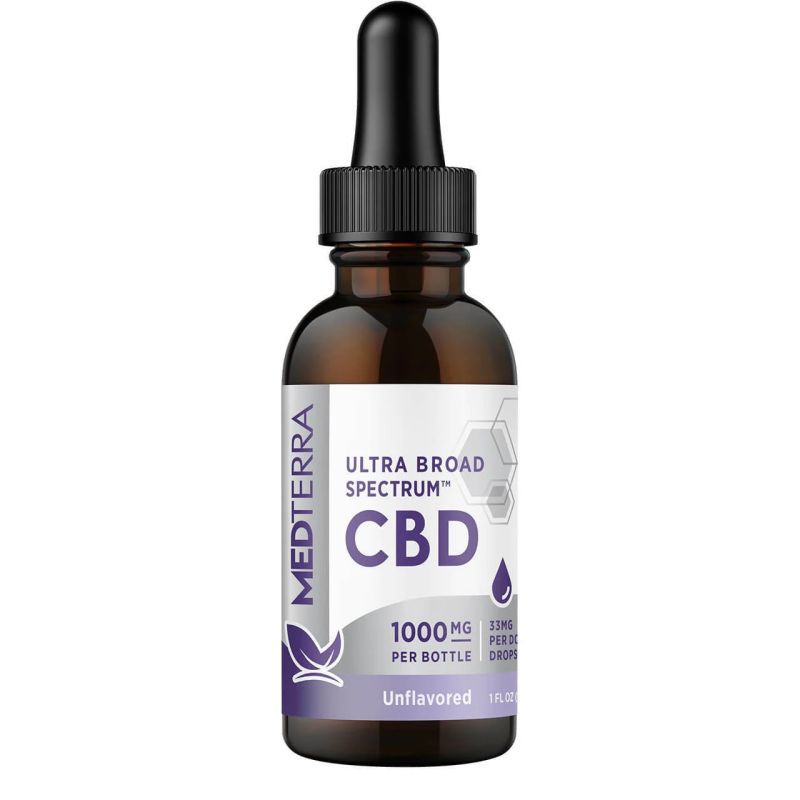CBD, short for cannabidiol, is one of over a hundred cannabinoids found in the cannabis plant. While THC, another well-known cannabinoid, is psychoactive and produces the "high" commonly associated with cannabis use, CBD does not have the same effect. Instead, it has been shown to have potential therapeutic properties and is being researched for its potential to treat a range of conditions, including neurological disorders.
Neurological disorders refer to conditions that affect the brain and nervous system, resulting in a range of symptoms such as seizures, tremors, and cognitive impairment. These disorders can be caused by a variety of factors, including genetic mutations, infections, and environmental factors. Some of the most common neurological disorders include epilepsy, Parkinson's disease, multiple sclerosis, and Alzheimer's disease.
CBD has gained attention for its potential to treat neurological disorders due to its interaction with the body's endocannabinoid system. This system plays a role in regulating a range of physiological processes, including pain sensation, immune function, and mood. The endocannabinoid system includes two main receptors, CB1 and CB2, which are found throughout the body, including in the brain and nervous system.
Epilepsy
Epilepsy is a neurological disorder characterized by recurrent seizures that can vary in intensity and frequency. It affects approximately 1% of the population worldwide, making it one of the most common neurological disorders. While many people with epilepsy are able to manage their seizures with traditional medications, there are some forms of the disorder that do not respond well to these treatments.
CBD has emerged as a potential treatment option for these forms of epilepsy. In particular, two rare forms of childhood epilepsy, Dravet syndrome and Lennox-Gastaut syndrome, have been the focus of clinical trials investigating the efficacy of CBD for seizure control.
In 2018, the FDA approved the first-ever CBD-based medication, Epidiolex, for the treatment of these two forms of childhood epilepsy. Epidiolex is a purified form of CBD that has been shown in clinical trials to significantly reduce the frequency and severity of seizures in patients with these conditions.
One clinical trial of Epidiolex involved 120 children and young adults with Dravet syndrome, a rare and severe form of epilepsy that typically begins in infancy. The study found that those who took Epidiolex experienced a significant reduction in the frequency of convulsive seizures compared to those who took a placebo. Another clinical trial of Epidiolex involved 171 patients with Lennox-Gastaut syndrome, a rare and severe form of epilepsy that often begins in early childhood. This study also found that patients who took Epidiolex experienced a significant reduction in the frequency of seizures compared to those who took a placebo.
While the exact mechanism by which CBD reduces seizures is still not fully understood, it is thought to be related to its ability to interact with the endocannabinoid system in the brain. CBD may modulate the activity of certain neurotransmitters and receptors, such as GABA and 5-HT1A, which are involved in regulating seizure activity.
It's important to note that CBD is not a cure for epilepsy and should only be used under the guidance of a healthcare professional.
Parkinson’s Disease
Parkinson's disease is a progressive neurological disorder that affects movement and coordination. It is caused by the degeneration of dopamine-producing neurons in the brain. Dopamine is a neurotransmitter that plays a key role in regulating movement and coordination, so the loss of these neurons results in the characteristic motor symptoms of Parkinson's disease, such as tremors, stiffness, and difficulty with balance and coordination.
While traditional medications for Parkinson's disease can help manage some of these symptoms, they may not be effective for all patients and can cause side effects such as nausea, dizziness, and cognitive impairment. CBD has emerged as a potential alternative treatment for Parkinson's disease due to its ability to interact with the endocannabinoid system and potentially modulate neurotransmitter activity in the brain.
Several studies have investigated the potential of CBD for treating Parkinson's disease. One study published in the Journal of Psychopharmacology found that CBD can improve motor function and reduce tremors in patients with Parkinson's disease. The study involved 21 patients with Parkinson's disease who were given either CBD or a placebo for six weeks. The group that received CBD showed significant improvements in motor function and reductions in tremors compared to the placebo group.
Another study published in the Journal of Clinical Pharmacology found that CBD may have neuroprotective effects, meaning it could potentially slow down the progression of Parkinson's disease. The study involved animal models of Parkinson's disease and found that CBD was able to reduce the degeneration of dopamine-producing neurons in the brain.
While these studies are promising, more research is needed to fully understand CBD's potential for treating Parkinson's disease. It's also important to note that CBD is not a cure for Parkinson's disease and should only be used under the guidance of a healthcare professional.
Multiple Sclerosis
Multiple sclerosis (MS) is a chronic autoimmune disease that affects the central nervous system (CNS). In MS, the immune system attacks the myelin sheath, which is a protective covering that surrounds nerve fibers in the brain and spinal cord. This leads to inflammation, damage to the myelin, and disruption of nerve signals, resulting in a range of symptoms such as muscle weakness, spasticity, pain, and cognitive impairment.
CBD has shown potential for treating some of the symptoms of MS. One of the most common symptoms of MS is muscle spasticity, which refers to involuntary muscle contractions that can cause stiffness, pain, and difficulty with movement. In a study published in the Journal of Neurology, Neurosurgery & Psychiatry, researchers investigated the effects of CBD on muscle spasticity in patients with MS. The study involved 276 participants who were given either CBD or a placebo for 12 weeks. The group that received CBD showed a significant reduction in muscle spasticity compared to the placebo group.
BD may also have potential for reducing inflammation in the brain and spinal cord, which is a key component of MS pathology. In a study published in the Journal of Neuroimmune Pharmacology, researchers investigated the effects of CBD on inflammation and demyelination in a mouse model of MS. The study found that CBD was able to reduce inflammation and protect against damage to the myelin sheath in the mice.
In addition to its potential for reducing spasticity and inflammation, CBD may also have neuroprotective effects in MS. This means that it may be able to protect against further damage to the CNS and potentially slow down the progression of the disease. While more research is needed to fully understand CBD's potential for treating MS, these findings suggest that it may be a promising treatment option for this condition.
However, CBD is not a cure for MS and should only be used under the guidance of a healthcare professional. While it is generally considered safe, CBD products can interact with some medications, so it's important to discuss its use with a healthcare provider before starting treatment.
Alzheimer’s Disease
Alzheimer's disease is a progressive brain disorder that affects memory, thinking, and behavior. It is the most common cause of dementia in older adults, and it currently affects over 5 million people in the United States alone. While there is no cure for Alzheimer's disease, current treatments aim to manage symptoms and slow down the progression of the disease.
Research on CBD's potential for treating Alzheimer's disease is still in its early stages, but there is some evidence to suggest that it may have neuroprotective effects and could potentially reduce inflammation in the brain, which are both important factors in the development and progression of the disease.
Inflammation is a common feature of Alzheimer's disease, and it is believed to play a role in the development and progression of the disease. CBD has been shown to have anti-inflammatory properties, and some studies have suggested that it may be able to reduce inflammation in the brain.
Additionally, CBD may have neuroprotective effects, meaning it could potentially protect brain cells from damage and slow down the progression of the disease. In a study published in the Journal of Alzheimer's Disease, researchers investigated the effects of CBD on beta-amyloid, a protein that forms plaques in the brains of Alzheimer's patients. The study found that CBD was able to reduce the production of beta-amyloid and improve cognitive function in a mouse model of the disease.
While these findings are promising, more research is needed to fully understand CBD's potential for treating Alzheimer's disease. It is not a cure and CBD supplements should only be used under the guidance of a healthcare professional.








Share this via
Or copy link